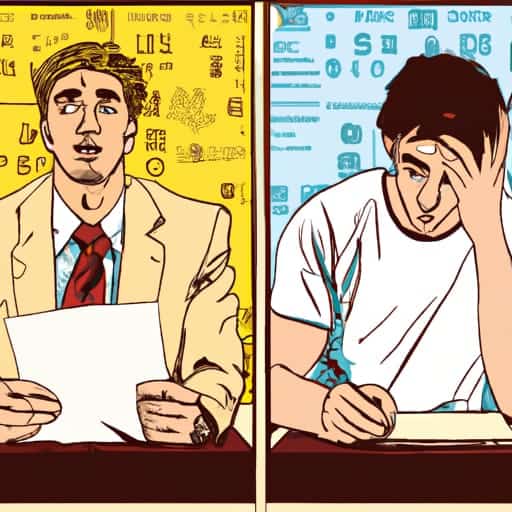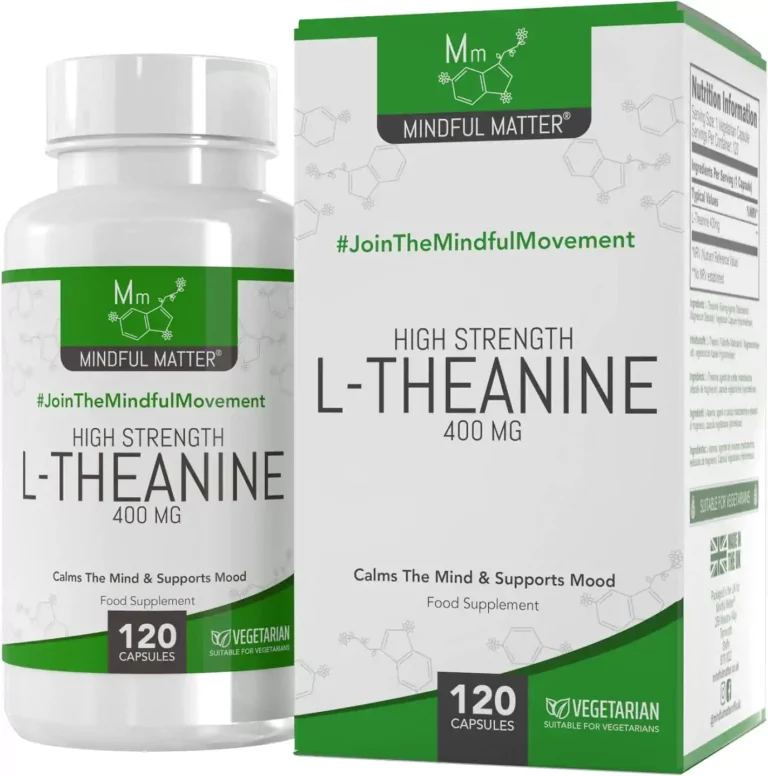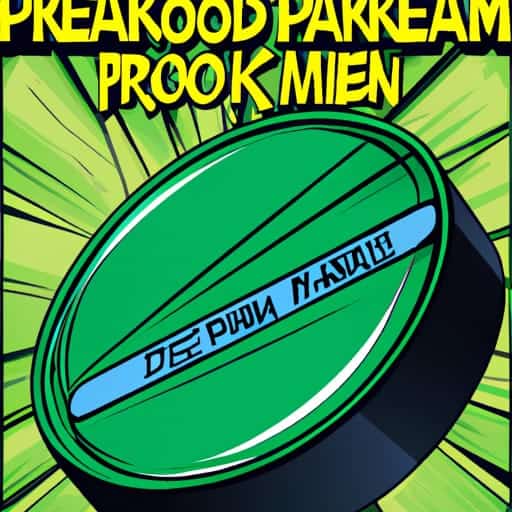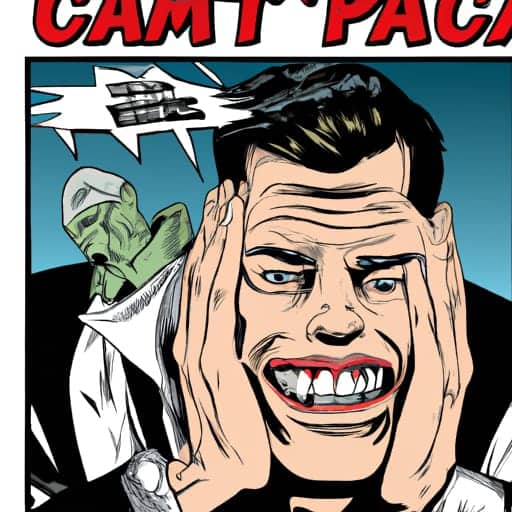
Does Anxiety Cause TMJ?
Yes, Anxiety Can Cause TMJ: But There’s More
We know that anxiety can cause tmj by producing muscle tension that creates jaw-clenching and teeth-grinding (bruxism).
It is well established TMJ disorder or Temporomandibular Joint Disorder is highly correlated with anxiety disorders and stress states.
Many articles you read are written by dentists rather than mental health professionals and so understandably their focus is on the orofacial problem — the TMJ causing anxiety.
But it works both ways, TMJ can cause anxiety, and anxiety can cause TMJ
A lesser-known but important fact is that the most common treatment for anxiety can also cause TMJ, and you should know that.
Risk factors for TMJ definitely include existing anxiety.
You may not have mainly anxiety symptoms, the main symptoms in your daily life might be depressive symptoms, but depression rarely arrives with no anxiety, and so though you may feel more depressed than anxious, it is pretty likely that anxiety will be there lurking somewhere.
How Can Anxiety Cause TMJ?
We know that anxiety can cause muscle tension that is part of jaw-clenching and teeth-grinding (bruxism). This chronic stress of the jaw joints leads to headaches and jaw pain classified as temporomandibular disorders. Often it is chronic pain.
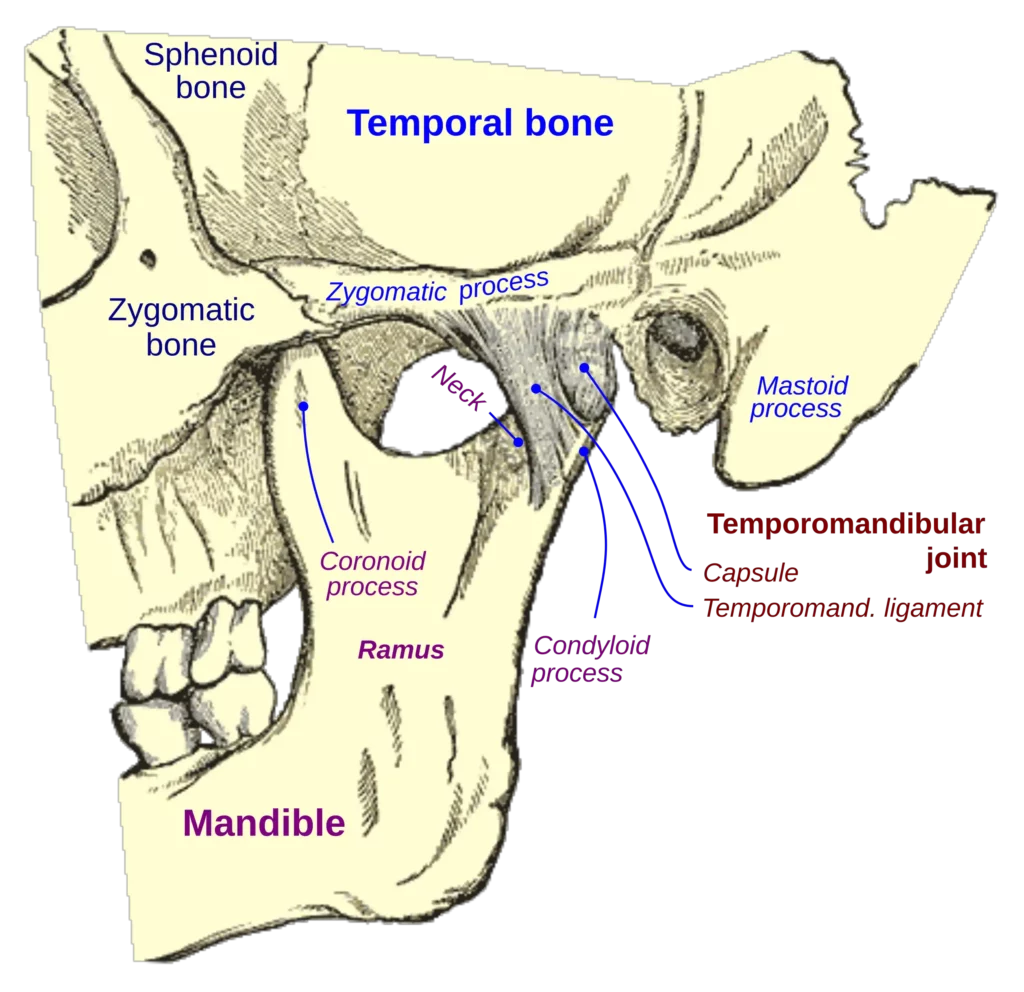
A German psychologist called Wilhelm Reich, who was a follower Sigmund Freud, and whose best-known book was ‘The Function of The Orgasm’, had a lot to say about muscle tension
Reich said,
“Armoring is the condition that results when energy is bound by muscular contraction and does not flow through the body”
Wilhelm Reich
Armoring is when we hold our muscles tense over prolonged periods and they go rigid like armor. When we feel threatened, the subjective feeling is anxiety inside our bodies, but one objective thing we do in response to this perceived threat is that we tense or armor muscles yo protect us.
It’s also a fact that the most common places we hold our muscles tense for hours and days are our shoulders, our necks and our jaws muscles.
When we hold the muscles in our jaw tense for long periods, they eventually become very painful and cause toothache, jaw ache and headache.
So we see that a state of anxiety causes muscle tension in our jaws, which causes pain in our heads, faces, jaws and mouths — often overwhelming pain.
What Does TMJ Feel Like?
Anyone who has had problems with their temporomandibular joint (TMJ for short) can tell you it can cause aches and pains that can be debilitating and frustrating. TMJ disorders frequently cause pain in the face and neck, along with headaches, popping or clicking sounds in the jaw, and sensitive teeth.
TMJ is also associated with the following symptoms:
- Muscle tension
- Fatigue
- Insomnia
- Dizziness
- Ringing In The Ears (Tinnitus)
- Headaches, especially headaches caused by tension
- Numbness
- Panic attacks
- Bruxism (the grinding, clenching or gnashing of the teeth) (the grinding, clenching or gnashing of the teeth)
- Other signs of nerve damage
- Orofacial pain, pain in the lower jaw, even shoulder pain.
Antidepressants Also Cause Jaw Clenching
So you are anxious and you go to your doctor and they prescribe you antidepressants.
In the UK, the first line of medication we use in anxiety is a class of antidepressants called the selective serotonin reuptake inhibitors (SSRIs) like prozac (flouxetine), sertraline (zoloft), and citalopram (celexa).
One moderately common side effect of these SSRIs is bruxism – jaw clenching and tooth-grinding, especially at night when you are asleep.
“Bruxism may develop as an adverse reaction to antidepressant therapy, and is most likely to develop within 2–3 weeks of medication introduction or dose titration. This phenomenon may be seen in a variety of serotonergic antidepressants, and may be most associated with fluoxetine, sertraline, or venlafaxine.”
Andrew R. Garrett, DO, MPH, MS and Jason S. Hawley, MD
https://www.ncbi.nlm.nih.gov/pmc/articles/PMC5914744/
This tooth grinding usually stops about 2-3 weeks after you stop taking the anti-depressant medication, or after the addition of buspirone.
So if you have TMJ which is caused, or made worse by anxiety, then the most common treatment may make it worse.
Speak to your health provider for advice. You may get less bruxism with another class of antidepressants, such as the older fashioned tricyclic antidepressants, but if you are sensitive to this side-effect, all kinds of antidepressant might give you tooth-grinding.
There are other classes of drugs used for treating anxiety. We might consider pregabalin or propranolol, but no medication is cost-free in terms of side-effects, and taking a new medication could interact with other medications or existing health conditions, so you should speak to a professional for their advice..
Chronic Clenching
When you are chronically clenching your jaw to grind your teeth caused by an underlying anxiety, you don’t sleep because of the pain.
When you don’t sleep you become more stressed.
The wear and tear caused by jaw grinding can cause your jaw to be out of place and cause your jaw muscles and neck and muscles to be constantly strained. When you’re always in pain and don’t get enough rest, your body stays in a state of high stress making things worse and worse.
You need to break out of this cycle of anxiety leading to TMJ symptoms leading to more anxiety because you can’t relieve the pain.
There are herbal remedies for sleep and also sedating anti-histamines such as promethazine hydrochloride, but as mentioned above, get professional advice, even when taking herbal supplements that have psychoactive components.
Previously we prescribed the z-drugs (zopiclone and zolpidem) but we then realised how addictive these were. We already knew how addictive the benzodiazepines, such as temazepam and nitrazepam, were. Be careful you don’t snatch for a cure that makes things worse.
Does TMJ Cause Anxiety?
Most articles on TMJ and anxiety focus on how the pain from TMJ causes anxiety.
To me, this is the wrong way round. If you have no mechanical or structural defect in your jaw, either from being born that way or because of trauma or wear-and-tear on the anatomy, it is almost certainly stress and anxiety causing the TMJ not the other way round.
But we see it is a two-way street. TMJ and the muscle tension that provokes it, is first caused by anxiety, but once the cycle is in place, the TMJ causes anxiety and the anxiety causes more TMJ.
How To Get Relief From TMJ Pain
Massage
By massaging your jaw, you may improve blood flow and loosen up tight muscles. Try this by opening your mouth and gently massaging the muscles next to your ears, where the temporomandibular joints are, in a circular motion. Do this massage a few times a day, when you wake up and right before you go to sleep. This helps the physical symptoms.
Craniosacral Therapy
Craniosacral Therapy is considered a bit ‘New Age’, but if it offers the chance of stopping the pain of TMJ, then it’s worth a shot.
CranioSacral therapy is based on the osteopathic belief that if the structure is normalised, the function will follow. The cranial bones are moved and adjusted gently to help keep the body’s system in balance. This reduces muscle pain and similar symptoms.
Craniosacral Therapists claim to cure TMJ by light massage of the head.
Hot & Cold Compress
Apply an ice pack to the side of your face, temple, and the jaw muscle that hurts for about 10 minutes. If your doctor says it’s okay, you can then do a few simple jaw stretches. After that, hold a warm towel or washcloth to the side of your face for about five minutes. Do this a few times every day until your physical symptoms and pain go away.
Jaw Opening Exercises
Repeat opening and closing your mouth in very limited steps several times. Next, put your fingers gently on top of your four front bottom teeth and drag down until you feel a little pain on the tight side of your jaw. After 30 seconds, slowly move your jaw back to where it started.
Pain Medication
You should try over-the-counter pain relief for TMD symptoms. They are not curative but will improve your quality of life.
The most easily available and effective are paracetamol (known as tylenol in the USA).
Be wary of opiates such as codeine and its variants and especially be careful with strong opiates such as fentanyl because they cause dependency and can cause respiratory failure in overdose. They also constipate you and codeine makes you itch.
Regular Exercise
We know that exercise improves well-being. It can help with joint pain, it can reduce the anxiety experience. It helps promote good posture and we know it decreases feelings of anxiety and this can lead to less grinding of teeth even in severe cases.
Relaxation Techniques and Meditation
Self-care practices are important. Remember, the human body and mind are not separate, and meditation can have a direct impact on jaw tenderness and the root cause of your stress.
A Mouth Guard
A soft plastic mouth guard fitted by your dentist will protect the teeth that are made sensitive, or crack, or break down because of constant clenching.
They are often just worn as night guards.
In the first place, this makes them less sensitive, thus reducing the toothache symptoms and tension in the facial muscles.
When the pain is less, you can break out of the vicious cycle of pain -> anxiety -> more pain -> more anxiety cycle.
To be fair, treatment options depend on the person, but treatment plans may include dental treatments, medication, behavioural therapy, physical therapy or more conservative treatments.. Discuss with your healthcare provider.
Get Your Anxiety Under Control
I know this is not easy. If you could just decide to get anxiety symptoms under control, you would.
But, by using medication or the methods above, if you can reduce your anxiety you will reduce the muscular tension that leads to TMJ and this will reduce your pain a lot.
We discuss how to reduce anxiety in different ways on this website and I encourage you to read up on them.

